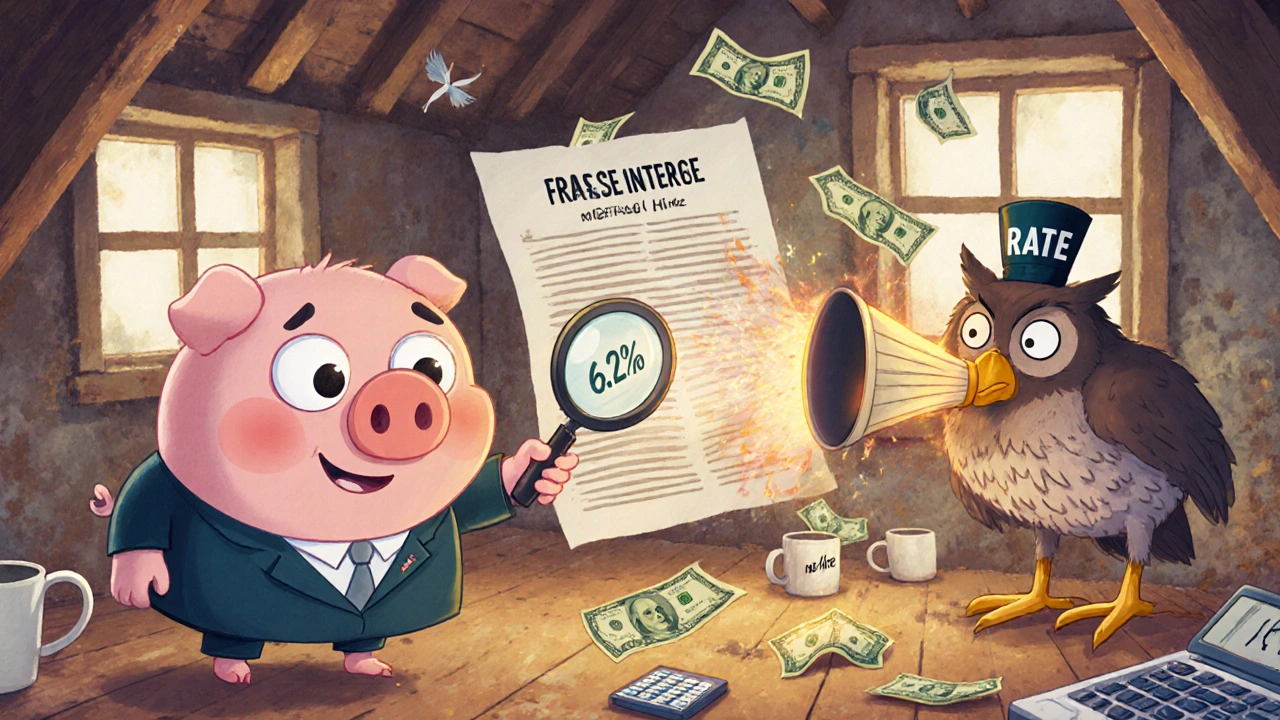REIT Investing: How Real Estate Crowdfunding Delivers Passive Income Without Owning Property
When you think of real estate investing, you probably picture buying a house, fixing it up, and renting it out. But there’s another way—REIT investing, Real Estate Investment Trusts are companies that own and manage income-producing properties like apartments, malls, and warehouses, and are required to pay out at least 90% of their taxable income as dividends to shareholders. Also known as real estate crowdfunding, it lets you own a slice of commercial buildings without the headaches of being a landlord. You don’t need $500,000 to get in. With some brokers, you can start with under $10 and get paid every quarter like clockwork.
Not all REITs are the same. There are equity REITs, companies that own physical properties and earn rent from tenants, and mortgage REITs, firms that lend money to real estate owners and earn interest. Equity REITs are the most common and stable—they’re what most people mean when they talk about REIT investing. Mortgage REITs pay higher dividends but are more sensitive to interest rate changes. Then there are specialized REITs focused on data centers, cell towers, or self-storage units—each with different risks and returns.
Why do so many investors pick REITs? Because they combine two things most people want: steady cash flow and inflation protection. When rent prices rise, so do REIT dividends. And unlike stocks, REITs don’t rely solely on price gains—they pay you even if the market dips. That’s why they’re often used as a buffer in retirement portfolios. You don’t need to time the market. Just buy and collect.
REIT investing also fits into broader strategies. If you’re using tactical asset allocation to shift between market regimes, REITs can be a smart overweight when inflation is rising. If you’re building a fractional share trading portfolio with small amounts, REITs are perfect—they’re available in tiny chunks. And if you’re worried about estate planning, REITs held in a brokerage account avoid probate, unlike physical property.
There’s a reason this topic shows up across so many posts here. Whether you’re comparing bond funds to individual bonds, optimizing your emergency fund, or learning how to pick ETFs, REITs keep coming up as a simple, reliable tool. You don’t need to be rich. You don’t need to be an expert. You just need to know where to look.
Below, you’ll find real examples, comparisons, and breakdowns of how REITs fit into modern investing—no jargon, no fluff. Just what works, what doesn’t, and what you should do next.



